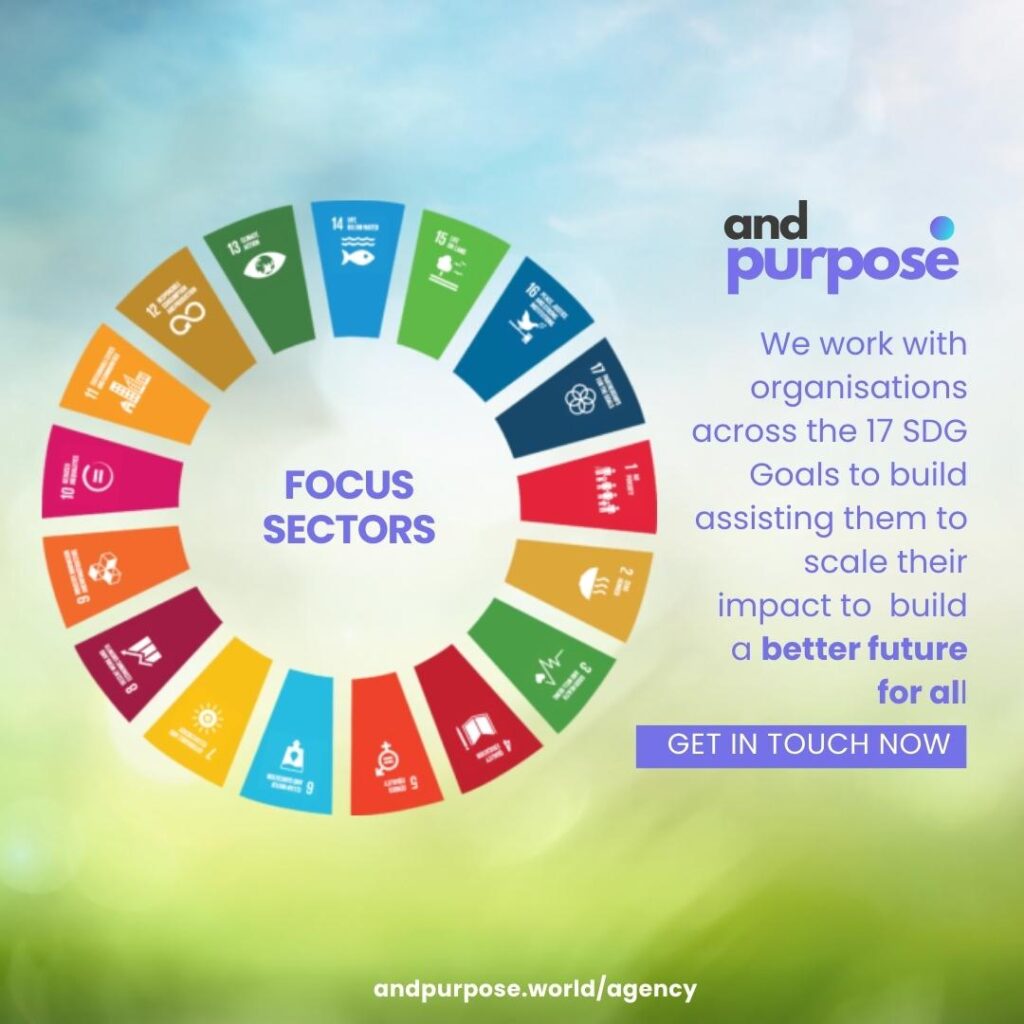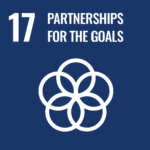About Organisation
The European Social Fund Plus (ESF+) is a central financial instrument of the European Union designed to promote employment, social inclusion, education, and sustainable development across member states. In Malta, the ESF+ Programme 2021–2027 focuses on reducing inequalities, enhancing employability, and strengthening social protection systems. The fund supports both public and private actors, including NGOs, social partners, and governmental bodies, in implementing inclusive policies and initiatives that address societal challenges, improve access to essential services, and foster equality in the labor market. By combining EU priorities with local needs, ESF+ empowers communities to create sustainable solutions and ensures the development of long-term strategies for active inclusion, education, and workforce participation, while promoting adherence to environmental and social responsibility principles. The fund also emphasizes monitoring, evaluation, and knowledge sharing to maximize impact, enabling organizations to adopt evidence-based approaches and scalable interventions. Through collaborative efforts, the ESF+ programme strengthens Malta’s capacity to deliver high-quality, equitable, and accessible services, contributing to a more inclusive and resilient society for all residents. Its strategic focus ensures that vulnerable populations, including youth, long-term unemployed, disadvantaged groups, and marginalized communities, can actively participate in socio-economic development.
About the Grant
The ESF+ Priority 2 grant in Malta, under Call 16, is designed to foster active inclusion for all residents, especially vulnerable and disadvantaged populations. The programme aims to improve access to quality and sustainable services, including healthcare, social protection, housing, child protection, and long-term care. Projects are expected to promote employment opportunities, strengthen social integration, support education and lifelong learning, and address socio-economic disparities. Interventions should include measures to enhance labor market participation, particularly for youth, long-term unemployed, and disadvantaged groups, and focus on ensuring equal working conditions and promoting work-life balance. Proposals may cover specialized training for social and healthcare professionals, child guarantee initiatives, holistic approaches to children’s development and medical needs, and capacity building for NGOs and social partners. Projects must comply with environmental sustainability principles and the “Do No Significant Harm” (DNSH) assessment, particularly when involving infrastructure or ecologically sensitive areas. The grant supports initiatives that demonstrate measurable impact, promote innovation and social inclusion, and contribute to the modernization of Malta’s social and employment systems. Applicants are encouraged to design sustainable interventions with clear objectives, partnerships, and scalable outcomes that can enhance quality of life, reduce inequalities, and build resilient, inclusive communities across Malta.
Who can Apply?
Eligible applicants include Maltese NGOs, nonprofit organizations, government agencies, public bodies, social partners, and academic institutions. Applicants must demonstrate the capacity to implement projects in line with ESF+ Priority 2 objectives, focusing on active inclusion, social protection, employment, healthcare, and education. Organizations should have experience managing EU or national grants, evidence of good governance and operational structures, and the ability to produce measurable outcomes. Projects should target disadvantaged or vulnerable populations, including youth, long-term unemployed, persons experiencing material deprivation, migrants, and other marginalized groups. Proposals must align with Malta’s national development priorities and ensure complementarity with existing policies, programs, and initiatives. Applicants are required to integrate environmental sustainability principles and adhere to the “Do No Significant Harm” (DNSH) assessment. Partnerships are encouraged to maximize impact, including collaborations between NGOs, social partners, governmental institutions, and local authorities. Successful applicants must have sufficient resources and expertise to implement project activities, report progress, and ensure long-term sustainability of outcomes. Proposals demonstrating innovation, scalability, and a clear contribution to inclusive social and economic development will be prioritized during evaluation.
How to Apply?
Applicants must prepare a comprehensive project proposal detailing objectives, target groups, methodology, expected outcomes, and partnership arrangements. A detailed budget and timeline must accompany the application. Submissions should follow the official ESF+ application guidelines and include relevant supporting documents demonstrating organizational capacity and compliance with EU principles.
Application Deadline
The final date to submit applications for ESF+ Priority 2 Call 16 is 20 October 2025. Submissions must include all mandatory documents and adhere to the official guidelines.
Last Date To Apply
For more information, please visit the grant website here.









